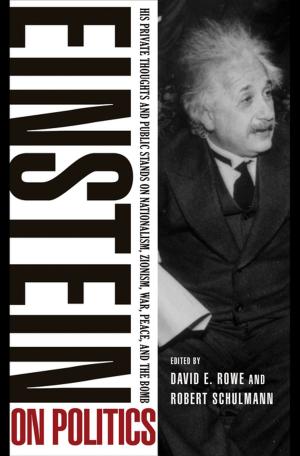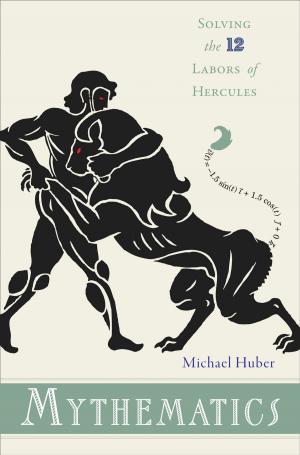Barbershops, Bibles, and BET
Everyday Talk and Black Political Thought
Nonfiction, Social & Cultural Studies, Social Science, Cultural Studies, African-American Studies, Popular Culture, Political Science| Author: | Melissa Victoria Harris-Lacewell | ISBN: | 9781400836604 |
| Publisher: | Princeton University Press | Publication: | June 14, 2010 |
| Imprint: | Princeton University Press | Language: | English |
| Author: | Melissa Victoria Harris-Lacewell |
| ISBN: | 9781400836604 |
| Publisher: | Princeton University Press |
| Publication: | June 14, 2010 |
| Imprint: | Princeton University Press |
| Language: | English |
What is the best way to understand black political ideology? Just listen to the everyday talk that emerges in public spaces, suggests Melissa Harris-Lacewell. And listen this author has--to black college students talking about the Million Man March and welfare, to Southern, black Baptists discussing homosexuality in the church, to black men in a barbershop early on a Saturday morning, to the voices of hip-hop music and Black Entertainment Television.
Using statistical, experimental, and ethnographic methods Barbershops, Bibles, and B.E.T offers a new perspective on the way public opinion and ideologies are formed at the grassroots level. The book makes an important contribution to our understanding of black politics by shifting the focus from the influence of national elites in opinion formation to the influence of local elites and people in daily interaction with each other. Arguing that African Americans use community dialogue to jointly develop understandings of their collective political interests, Harris-Lacewell identifies four political ideologies that constitute the framework of contemporary black political thought: Black Nationalism, Black Feminism, Black Conservatism and Liberal Integrationism. These ideologies, the book posits, help African Americans to understand persistent social and economic inequality, to identify the significance of race in that inequality, and to devise strategies for overcoming it.
What is the best way to understand black political ideology? Just listen to the everyday talk that emerges in public spaces, suggests Melissa Harris-Lacewell. And listen this author has--to black college students talking about the Million Man March and welfare, to Southern, black Baptists discussing homosexuality in the church, to black men in a barbershop early on a Saturday morning, to the voices of hip-hop music and Black Entertainment Television.
Using statistical, experimental, and ethnographic methods Barbershops, Bibles, and B.E.T offers a new perspective on the way public opinion and ideologies are formed at the grassroots level. The book makes an important contribution to our understanding of black politics by shifting the focus from the influence of national elites in opinion formation to the influence of local elites and people in daily interaction with each other. Arguing that African Americans use community dialogue to jointly develop understandings of their collective political interests, Harris-Lacewell identifies four political ideologies that constitute the framework of contemporary black political thought: Black Nationalism, Black Feminism, Black Conservatism and Liberal Integrationism. These ideologies, the book posits, help African Americans to understand persistent social and economic inequality, to identify the significance of race in that inequality, and to devise strategies for overcoming it.















